FLARE 2022 – Rome
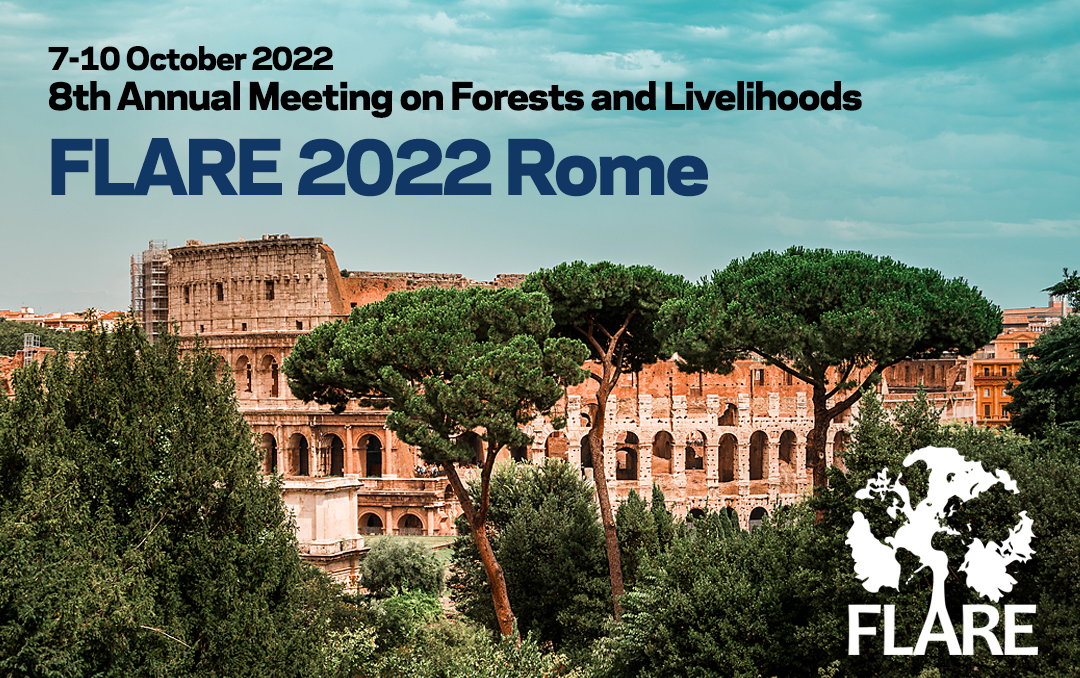
The FLARE Secretariat hosted the 2022 FLARE Annual Meeting in Rome, Italy with support from the Auditorium Antonianum; the Keough School of Global Affairs and its Kellogg Institute for International Studies, Klau Institute for Civil and Human Rights, and Nanovic Institute for European Studies; and the University of Notre Dame Rome Global Gateway. We gathered again in-person to share, discuss, and build connections around leading-edge research and developments on forests and livelihoods issues around the world.
This year’s Annual Meeting theme was:
“Forests & Livelihoods in a New Era of International Commitments: The Promise & Challenge of Implementation.”
The main programming was held at the Auditorium Antonianum with workshops at the University of Notre Dame Rome Global Gateway.
2022 Annual Meeting Photos
Please reach out to the FLARE Secretariat if you would like a copy of a photo from the 2022 Annual Meeting.
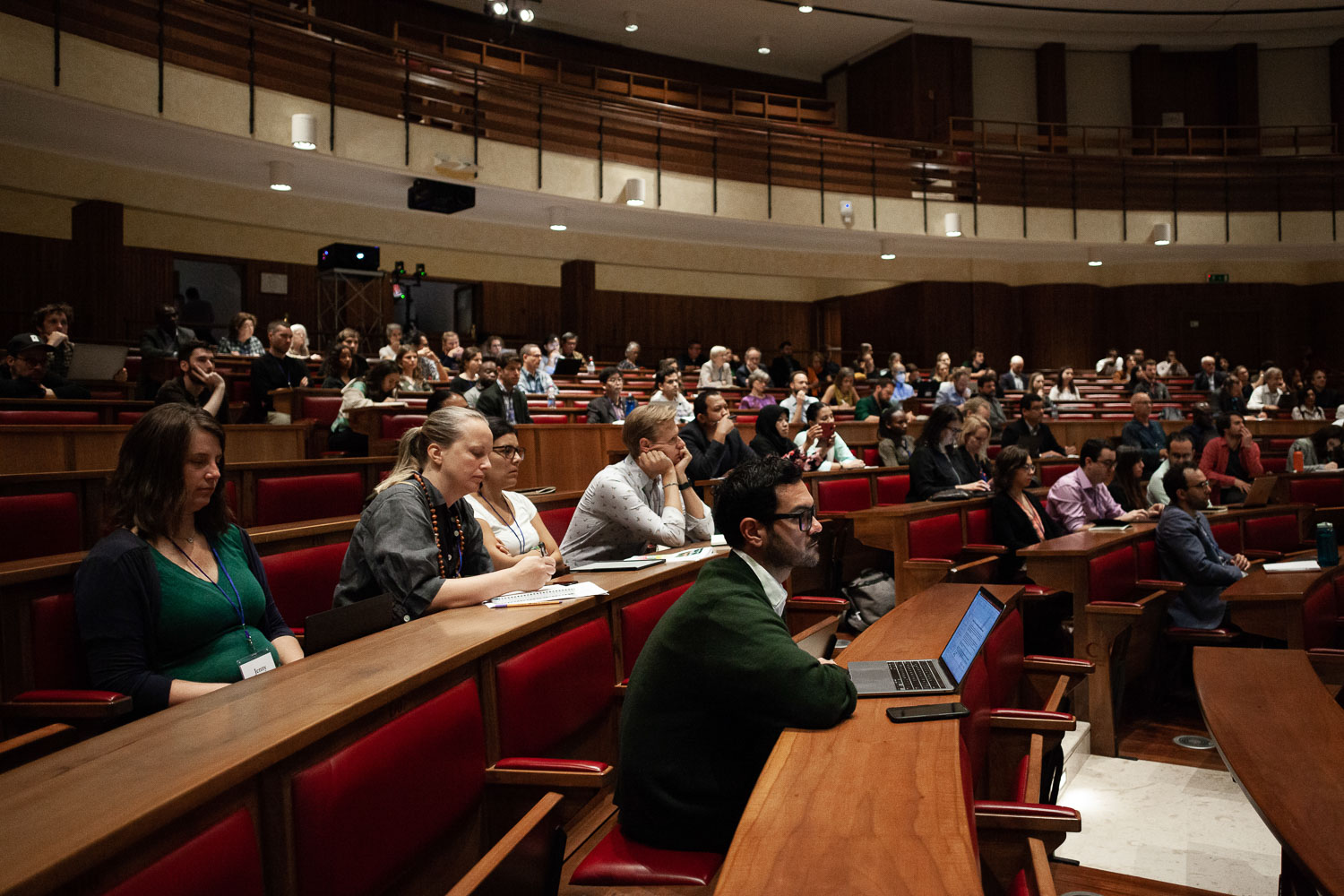
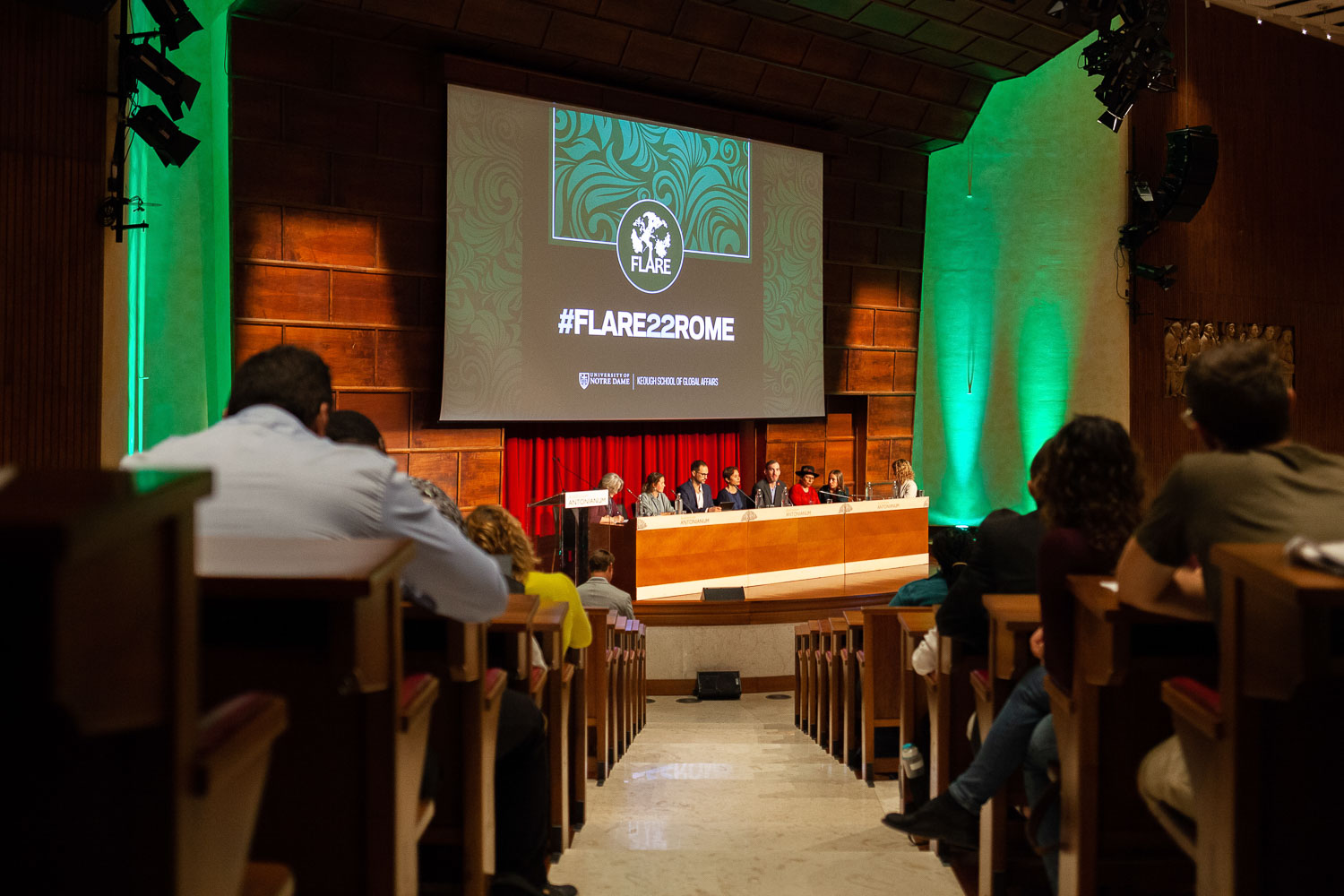
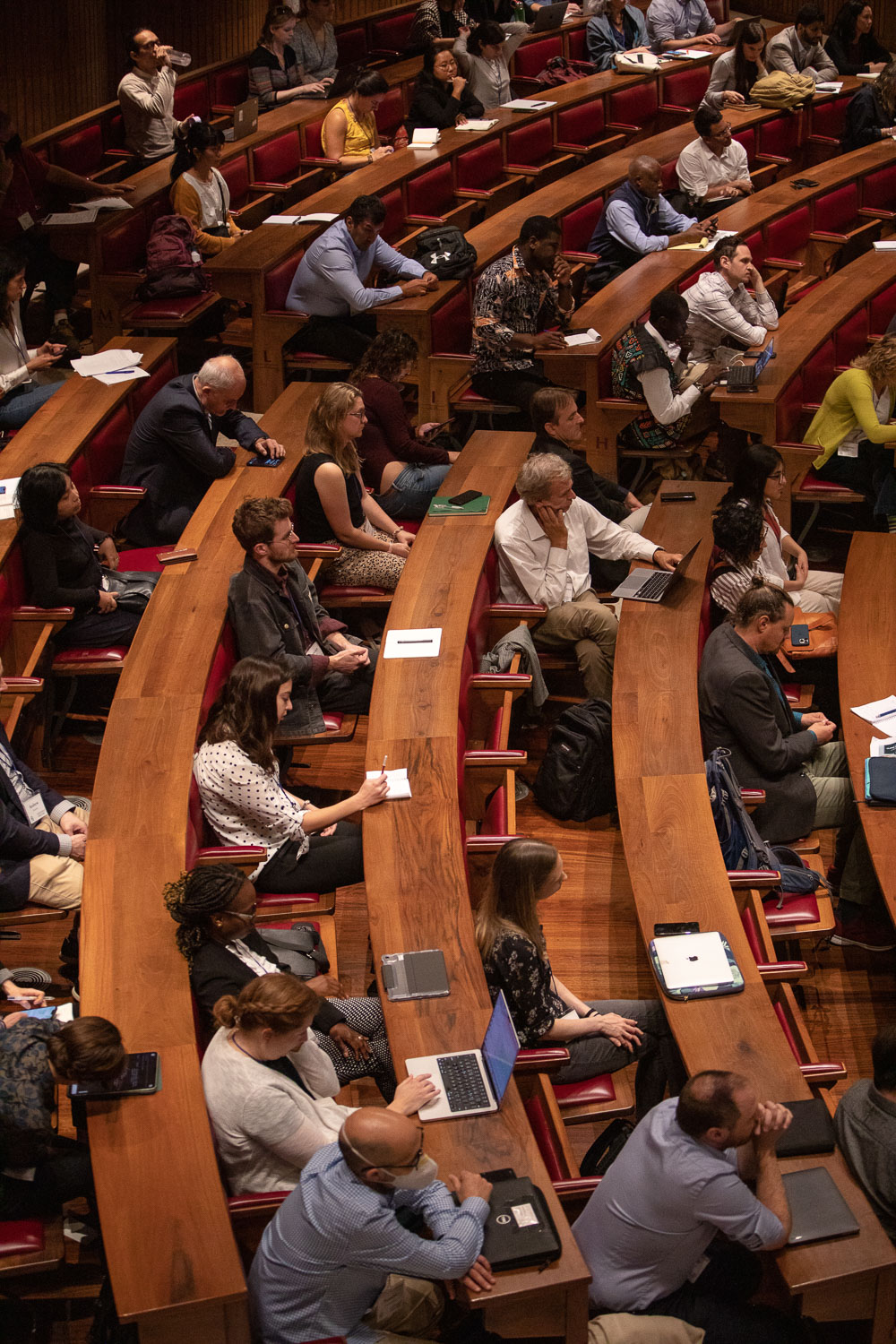
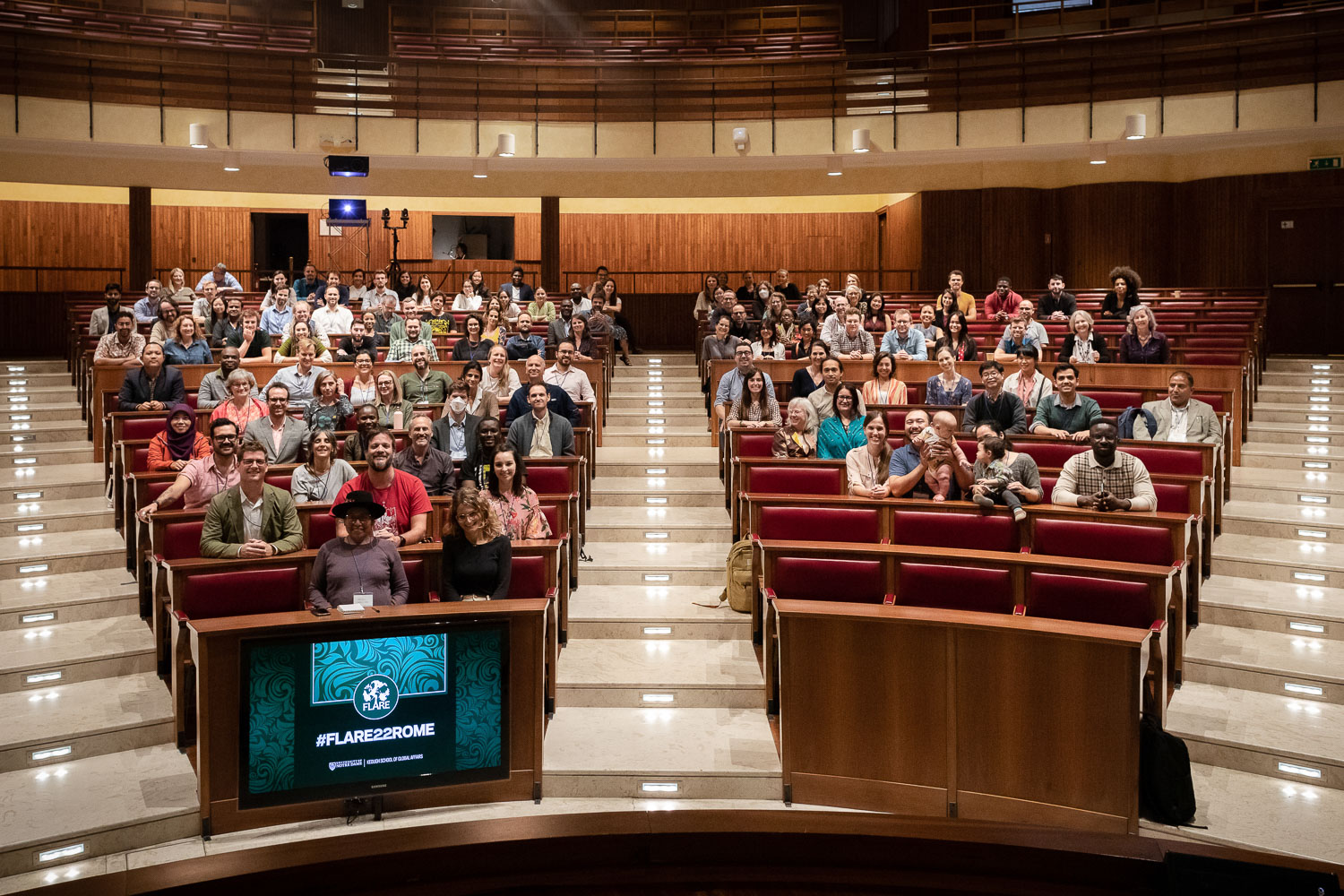
2022 Annual Meeting Book of Abstracts
2022 Annual Meeting Program
Key Program Elements
Friday, October 7, 2022: Opening Reception and Poster Session
Saturday, October 8, 2022: Plenary Roundtable on main conference theme, Parallel Panels, Student & Early Career Mixer, Interactive FLARE Collaboration Plenary, and the Conference Dinner at the Hostaria Isidoro al Colosseo.
Sunday, October 9, 2022: Plenary Keynote, Parallel Panels, Journal Editor Roundtable, Closing Plenary Session
Monday, October 10, 2022: Workshops & FLARE Steering Committee Meeting
FLARE 2022 Meeting Sub-themes:
• Forests and Trees in Locally-led Climate Change Adaptation
• (Forest) Landscape Restoration: People, Trees, Politics
• Gender and Forests in a World in Flux
• Bioeconomy and Innovation for Sustainable Forest Transitions
• Religion, Spirituality and Forest Livelihoods
• Beyond the Forest Edge: Trees on Farms and in Cities
• Biodiversity, Forests and Livelihoods
• Social Justice in the Forest: Rights, Power, and Collaboration
• Data and Methods for Understanding and Promoting Forests and Human Wellbeing
• Forests and Livelihoods in a COVID-changed World
For those of you who could not join us in Rome, the Plenary Keynote events were recorded and have been uploaded to our Videos page. Click the link below to view them!
Keynote Speaker
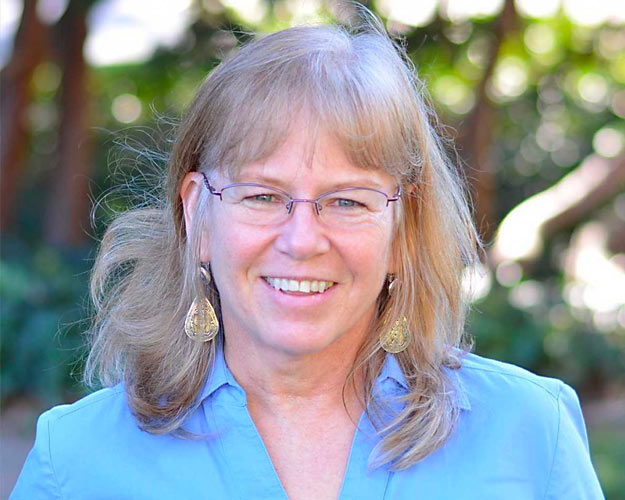
Dr. Nancy Lee Peluso
Henry J. Vaux Distinguished Professor of Forest Policy
University of California, Berkeley
Plenary Roundtable Speakers
Forests & Livelihoods in a New Era of International Commitments: The Promise & Challenge of Implementation
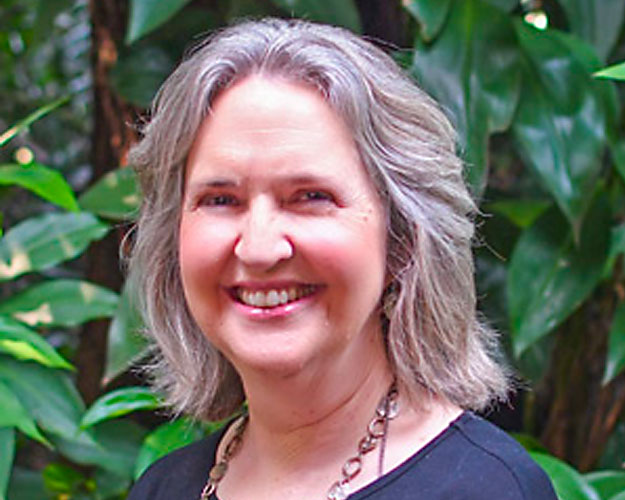
Dr. Anne Larson (Moderator)
Team Leader, Equal Opportunities, Gender Justice & Tenure, CIFOR
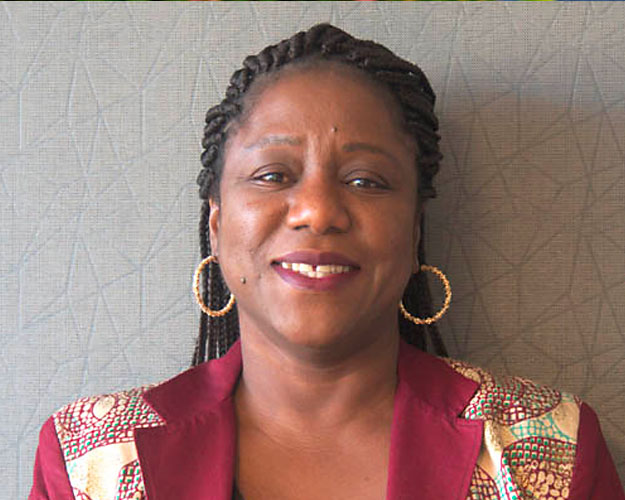
Dr. Solange Bandiaki-Badji
Coordinator, Rights & Resources Initiative
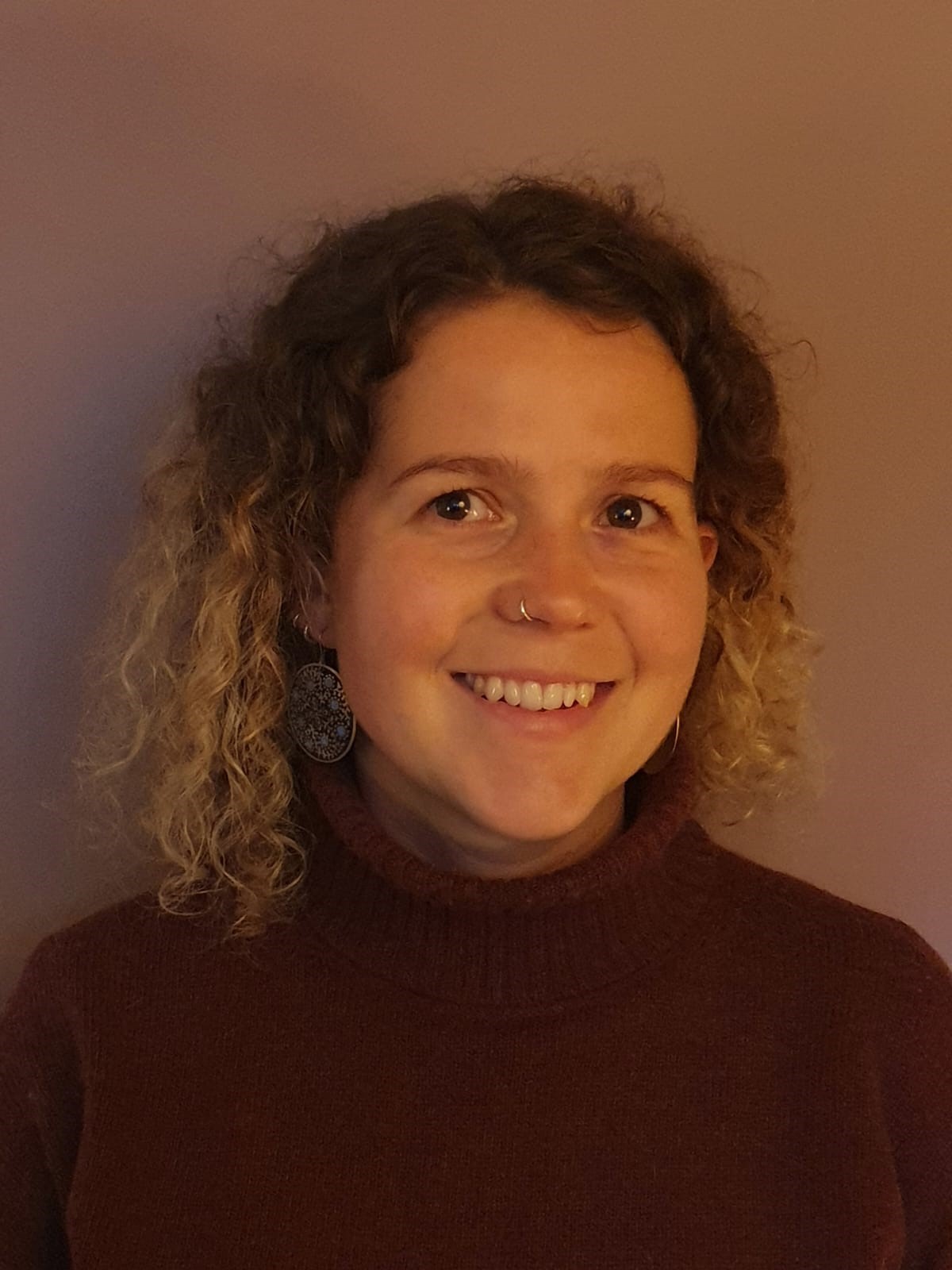
Ms. Georgina Barker
Smallholder Lead, International Forests Unit, United Kingdom Foreign, Commonwealth, and Development Office (FCDO)
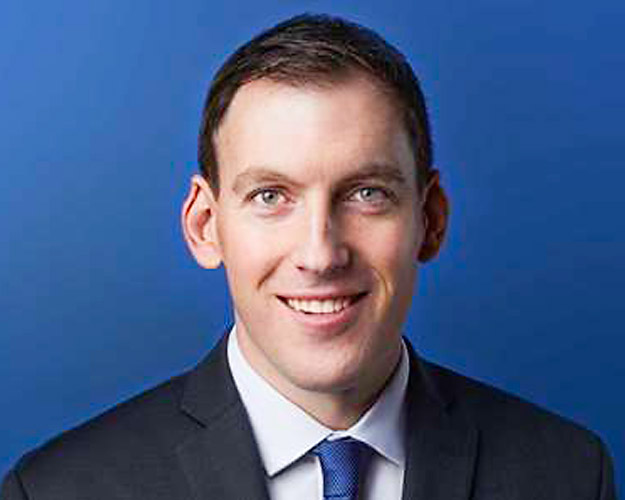
Mr. Kevin Currey
Program Officer, Natural Resources and Climate Change, Ford Foundation
Global Initiative Lead, Climate and Land Use Alliance (CLUA)
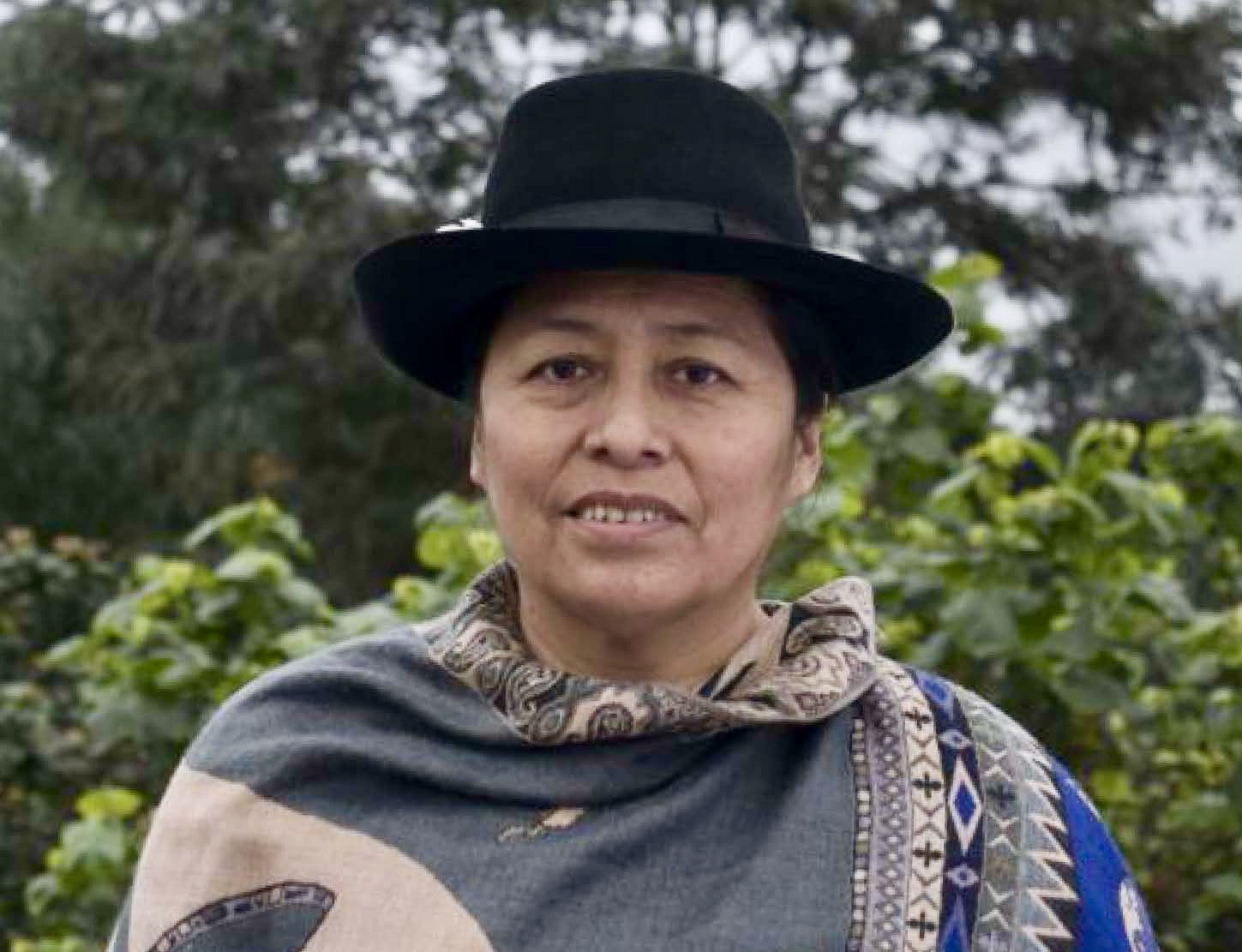
Ms. Melania Canales Poma
President, National Organization of Andean and Amazonian Women of Peru (ONAMIAP)
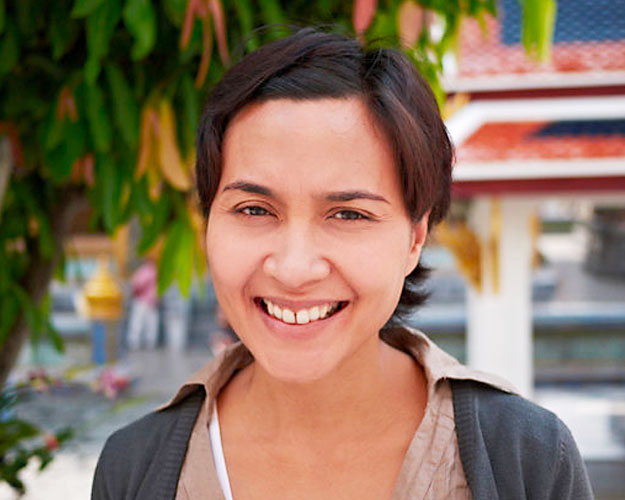
Dr. Truly Santika
Senior Fellow and Lecturer |
Agriculture, Health, and Environment Department
University of Greenwich, UK
Workshops
Morning workshops (parallel sessions)
Workshop 1 - Building a FLARE forest landscape restoration community
Organizer: Johan Oldekop, University of Manchester
Halting and reversing forest loss is essential for biodiversity conservation and climate change mitigation. Indeed, 2021 marks the start of the UN Decade on ecosystem restoration and international agendas have pledged to restore 350 million hectares of forests globally. Over the past two decades, scholars have focused on identifying which forest ecosystems and regions need to be protected and how they should be restored. However, the social dimensions of forest restorations are poorly understood and conceptual frameworks linking forest governance, livelihoods and restoration remain under-developed.
This workshop will build on this year’s “(Forest) Landscape Restoration: People, Trees, Politics” theme and will bring together elements of the FLARE community working on forest landscape restoration to synthesize knowledge from this year’s presentations with the view to: (i) build an interdisciplinary working group of scholars and practitioners researching empirical, conceptual, and practical solutions to forest landscape restoration problems; (ii) develop a special issue based on forest landscape restoration-related papers presented at FLARE 22; and (iii) explore potential synergies for future collaborative research projects and proposals on key forest landscape restoration issues, including the political economy and political ecology of forest landscape restoration and the evaluation of forest landscape restoration initiatives and interventions.
Workshop 2 - Learning tools for more inclusive participatory processes
Organizers: Juan Pablo Sarmiento Barletti, Anne M. Larson, Iliana Monterroso and Kristen Evans - CIFOR-ICRAF
Virtually all major efforts to address global problems regarding land and resource use call for some kind of multi-stakeholder forum, platform or process (MSFs). MSFs have been linked to more sustainable and resilient outcomes, more effective multi-level and multi-sector governance, more equitable and beneficial outcomes for local populations, and more productive research engagement. However, uncritical optimism towards the planning and implementation of the multi-stakeholder paradigm, supported by the lack of evidence-based lessons, is unhelpful. In fact, in CIFOR-ICRAF's global comparative research (https://www.cifor-icraf.org/gcs/research-themes/multilevel-governance/multi-stakeholder-forums/) we found that forum organizers often think that simply inviting people to the table assures equity and voice when it only glosses over differences and thus does not foster the transformative changes promised by collaboration. Responding to these findings and to requests by research participants for tools that support equity in MSFs, we developed a series of complementary monitoring and learning tools (https://www.cifor.org/toolboxes/tools-for-managing-landscapes-inclusively/).
This workshop will engage with challenges of equity and social inclusion in the processes and outcomes of MSFs through two components. The first will start with a brief presentation of the workshop’s aims and a synthesis of the key findings of CIFOR’s comparative study on equity and social inclusion in MSFs, which will set the frame for an open discussion between participants on their different experiences/lessons to support equity and inclusiveness in forums. The second component will showcase the implementation methods and development of two complementary learning tools to support equity and inclusiveness in MSFs developed by CIFOR-ICRAF in collaboration with local partners in Africa, Asia and Latin America. The first, 'How are we doing?', was developed with MSF participants to be implemented by themselves as a reflexive and adaptive learning tool. The second, 'Getting it right', is a tool based on research with different MSF proponents and participants to support forum organizers in setting up inclusive spaces. Participants will learn how to use both tools and how to adapt them to different contexts.
As a conclusion, we will invite participants to set up a research and practice network engaging with multi-stakeholder forums, platforms, and initiatives for future collaboration and research dissemination.
Afternoon workshops (parallel sessions)
Workshop 3 - Beyond Land Rights: Linking livelihood and tenure security to advance community self-determination
Organizers: Kendi Borona & David Kroeker-Maus, Rights and Resources Initiative
There is now widespread recognition within the scientific community of the higher incidence of biodiversity and lower rates of deforestation in territories where Indigenous Peoples, Afro-Descendant Peoples and Local Communities, and have secure land tenure rights. Concomitantly, the last year has witnessed renewed commitments from donors to strengthen community land and forest tenure as part of so-called Nature Based Solutions; however, it is also now well recognized that formalized land rights are not a panacea to the complex injustices of poverty and exploitative models of development. The struggle for land rights is inter-generational and at times indeterminate, while livelihood needs are a matter of basic everyday survival. Hence, there is a need to further nuance the link between secure community land rights and improved livelihoods capacities, as well as to promote collective action that links emerging research to policy advocacy and implementation at national and international levels.
It is against this backdrop that the RRI Coalition has been examining strategies for engagement with forest-dependent communities that extend beyond gaining legal recognition of land and resource tenure rights, and to advance livelihood security as an element of tenure security. This workshop will present the status of a bottom-up research agenda being developed through an ongoing dialogue with our Coalition of 150+ highly diverse organizations across the Global South and will outline streams of engagement and analytical approaches related to collective rights, tenure security and livelihoods. Through this workshop we will present the methodological approaches and considerations used to develop this new research agenda and key findings from our engagement with rightsholders. This will be followed by a facilitated dialogue with guiding questions and interactive group discussion to further explore interactions between research, advocacy and implementation, as well as to refine specific indicators. This workshop will provide an opportunity for participants to contribute to an emerging agenda, including research, to advance the livelihoods dimensions of tenure security.
Workshop 4 - Forests Sustaining Agriculture Working Group: Developing a new paradigm of integrating forests and trees and food production
Organizer: Terry Sunderland, University of British Columbia
Agriculture remains the greatest driver of forest loss globally. Yet, forests and agriculture are inextricably interlinked in myriad ways. Current discourses on agricultural intensification often overlook the contribution of natural ecosystems for food production and livelihoods. Although some preliminary work has been undertaken on enhancing on-farm provisioning of ecosystem services, the ecological and socio-economic value of forests and trees in terms of their contribution to proximate agricultural production and livelihoods in the wider landscape is poorly understood and rarely integrated into land use planning and sustainable agricultural management practices. Research is also required to assess the complementarity and resilience of different crops and trees to climatic fluctuations at a landscape scale and how to better manage these landscapes under different socio-ecological contexts. Therefore, it is vital to expand our understanding of the contribution of forests and trees in supporting agriculture and livelihoods in multifunctional landscapes. In doing so, we can further develop methods to manage landscapes in an integrated and inclusive way that consider biodiversity conservation, sustainable forest management, agricultural production, wellbeing and food and nutritional security.
This workshop, bringing together members of the FLARE Working Group on the topic will review recently-generated evidence of the critical roles that forests and trees play in agricultural production, particularly in the tropics, and identify a way forward for combining forests and agriculture in an integrated food systems approach at the landscape scale. An anticipated output from this workshop will be a working paper outlining what a future research programme on this topic would represent and a detailed roadmap for policy engagement in on-going international processes such as CoP27, the Global Landscapes Forum, among others.
Attendance Fee Rates
Attendance Fee includes cost of participation, entrance to the opening reception, conference day lunches and coffee breaks.
*Tiered Fees based on World Bank country classifications by income level.
Registration Type & Admission Item | Early bird (July 7-22) | Extended (July 23-August 31st) | Observer Extended (August 6-31) | Late Registration (September 1- October 2) |
|---|---|---|---|---|
Observer | $350 | $400 | $450 | $475 |
Presenter (any form of presentation) | $375 | $425 | X | X |
Student Observer (Postdoc, Graduate and Undergraduate) | $175 | $225 | $275 | $300 |
Student presenter (any form of presentation; postdoc, graduate and undergraduate) | $200 | $250 | X | X |
Poster (Rate applies to all) | $150 | $200 | X | X |
Workshops (per workshop) (Monday, October 10th) | $50 | $50 | $50 | $50 |
Registration Type & Admission Item | Early bird (July 7-22) | Extended (July 23-August 31) | Observer Extended (August 6-31) | Late Registration (September 1- October 2) |
|---|---|---|---|---|
Observer | $225 | $275 | $325 | $350 |
Presenter (any form of presentation) | $250 | $300 | X | X |
Student Observer (Postdoc, Graduate and Undergraduate) | $125 | $175 | $225 | $250 |
Student presenter (any form of presentation; postdoc, graduate and undergraduate) | $125 | $175 | X | X |
Poster (Rate applies to all) | $100 | $150 | X | X |
Workshops (per workshop) (Monday, October 10th) | $50 | $50 | $50 | $50 |
Registration Type & Admission Item | Early bird (July 7-22) | Extended (July 23-August 31st) | Observer Extended (August 6-31) | Late Registration (September 1-October 2) |
|---|---|---|---|---|
Observer | $75 | $100 | $125 | $150 |
Presenter (any form of presentation) | $100 | $125 | X | X |
Student Observer (Postdoc, Graduate and Undergraduate) | FREE | FREE | $25 | $50 |
Student presenter (any form of presentation; postdoc, graduate and undergraduate) | $25 | $50 | X | X |
Poster (Rate applies to all) | $25 | $50 | X | X |
Workshops (per workshop) (Monday, October 10th) | $50 | $50 | $50 | $50 |
Welcome Reception (Friday, October 7th) | FREE | FREE | FREE | FREE |
Welcome Reception Partner Ticket (Not attending conference) | $25 | $25 | $25 | $25 |
Conference Dinner (Saturday, October 8th) SOLD OUT! | $75 | $75 | $75 | $75 |
Partner Dinner Ticket (Not attending conference) SOLD OUT! | $80 | $80 | $80 | $80 |
Presentation & Poster Guidelines
On the Ground in Rome
Key Dates
*Please Note: Important Dates have changed
IMPORTANT EVENT | DATE |
|---|---|
Deadline for Abstract Submission | 6/6/22 |
Final Decisions on Abstracts | 6/30/22 |
Early Bird Registration Period | 7/7/22 – 7/22/22 |
Extended Registration Period | 7/23/22 – 8/31/22 |
Extended Registration for Presenters | 8/6/22 – 8/31/22 |
Late Registration for Observers | 9/01/22 – 10/02/22 |
Final Day to Cancel | 9/1/22 |
Draft Program Shared with Participants | 9/7/22 |
Full Paper Due (Optional) | 10/4/22 |
Presentation Slides Due | 10/6/22 |
FLARE 8th Annual Meeting | 10/7/22 – 10/10/22 |
FLARE Annual Meeting Health Protocol
All attendees (presenters, plenary speakers, panel moderators, volunteers, attendees, guests, press, and others) are highly recommended to:
1. Wear a mask over nose and mouth for all conference events, except when actively eating or drinking.
2. Comply with Italy’s COVID-19 safety requirements. These will be shared on our website as the conference dates approaches.
Up-to-date COVID-19 vaccination status is strongly recommended.
2022 Coordination Committee
Festus Amadu, University of Notre Dame
Ida N. S. Djenontin, Pennsylvania State University
Amy Duchelle, Food and Agriculture Organization
J.T Erbaugh, Dartmouth College
Forrest Fleischman, University of Minnesota
Rachael Garrett, ETH Zurich
Reem Hajjar, Oregon State University
Pamela Jagger, University of Michigan
Daniel Miller, University of Notre Dame
Katia Nakamura, University of Notre Dame
Pete Newton, University of Colorado at Boulder
Johan Oldekop, University of Manchester
Rose Pritchard, University of Manchester
Pushpendra Rana, Indian Forest Service
Jesse Ribot, American University
Laura Sauls, George Mason University
Etotépé Sogbohossou, University of Senghor & University of Abomey-Calavi
Jennifer Zavaleta Cheek, South Dakota State University


